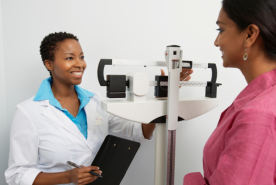Kidney Topics
Phosphorus and Your Diet
Phosphorus is a mineral found in your bones. Along with calcium, phosphorus is needed to build strong healthy bones, as well as, keeping other parts o...
Diet and nutrition,
Vitamins, nutrients, minerals, and supplements,
Other substances to control,
Phosphorus,
Phosphate









